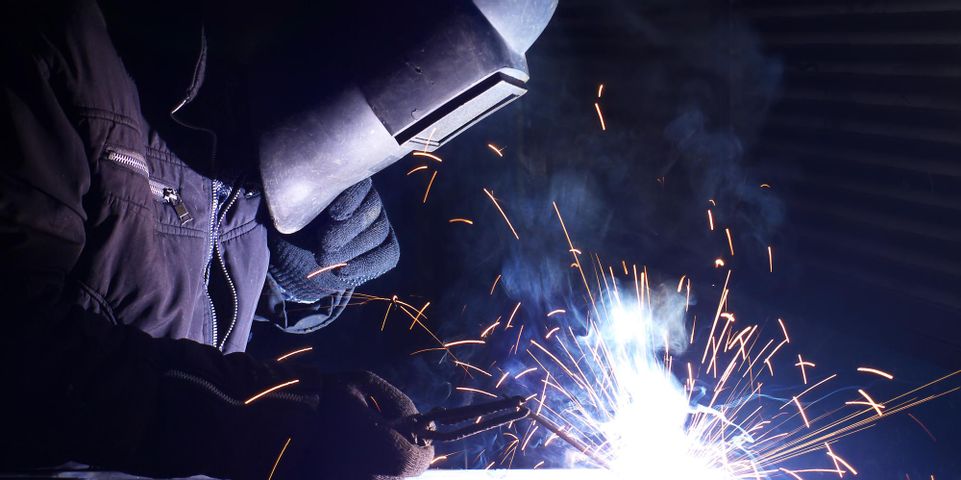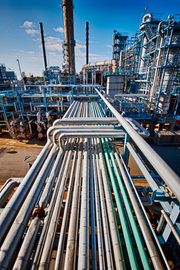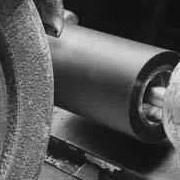
Machine shops perform many types of welding, which is used in every industry, from automotive to structural metals manufacturing. One unique type of weld is the weld overlay, also referred to as cladding. Whether you’re an aspiring welder or learning more about how welding benefits your industry, discover some need-to-know facts about weld overlays below.
How Is a Weld Overlay Performed?
At the most basic level, the weld overlay process places weld metal on the surface of a base layer to join metals together, unlike standard welding in which two pieces of metal are fused together directly. The objective of this process is typically to add a layer of corrosion resistance or hardfacing to an object.
 Weld overlay techniques may vary from one machine shop to the next, but factors such as alloy type will often dictate the appropriate method. For ferrous materials, many welders use shielded metal arc welding, in which a rod is used as the weld material.
Weld overlay techniques may vary from one machine shop to the next, but factors such as alloy type will often dictate the appropriate method. For ferrous materials, many welders use shielded metal arc welding, in which a rod is used as the weld material.
In this method, a coating covers the core wire, incorporating special elements to the weld metal. CO2 welding is another common method that uses a CO2 shield gas atmosphere to prevent oxidation.
Metal inert gas (MIG) welding is used with non-ferrous materials and uses an inert gas to shield the area that must be welded. Finally, plasma transferred arc (PTA) welding is an involved method that uses an arc created by a tungsten electrode, into which a flux is supplied to perform the weld. This method allows for various carbide alloys to be overlaid.
What Are Some Applications for Weld Overlays?
Often, components in the gas industry require weld overlays. Machine shops use these techniques on valves, vessels, pipes, and fittings. Although these components are designed to withstand the elements to some degree, corrosion may still occur over time. Weld overlays provide an additional layer of corrosion resistance without compromising the strength of the part.
If you’re seeking dependable welding services in the Cincinnati area, turn to R.A. Heller Co. This locally owned and operated machine shop has been serving the community since 1946 and welcomes jobs small and large, and everything in between. They don’t perform the weld overlay itself; Rather they will machine and grind the weld overlay. Send their team a message online or call (513) 771-6100 to speak with a team member.
About the Business
Have a question? Ask the experts!
Send your question

